Keywords: People Smugglers
There are more than 24 results, only the first 24 are displayed here.
Become a subscriber for more search results.
-
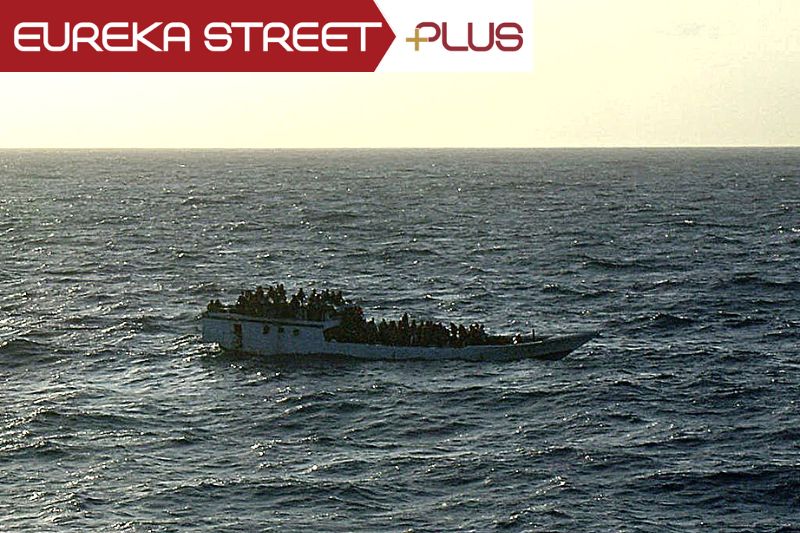
AUSTRALIA
- Kerry Murphy
- 04 January 2024
Throughout recent decades of Australian history, the stance every government has taken on asylum seekers has reflected the shifting political landscapes and challenging humanitarian issues that have continually shaped Australia's response to those seeking refuge.
READ MORE 
-

AUSTRALIA
- Kerry Murphy
- 28 July 2023
How has Australia's asylum seeker policy changed over the past thirty years? The approach of every government has reflected the shifting political landscapes and challenging humanitarian issues that have continually shaped Australia's response to those seeking refuge.
READ MORE 
-
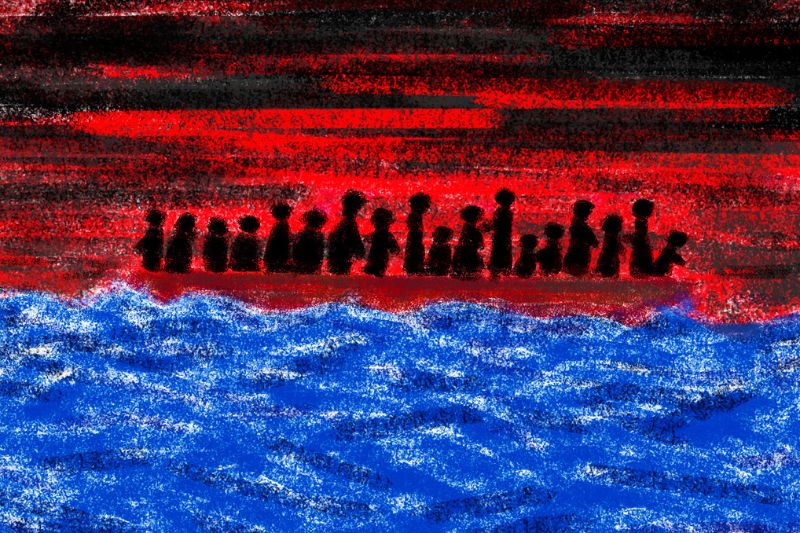
AUSTRALIA
- Andrew Hamilton
- 20 June 2023
5 Comments
Observing World Refugee Week and the Referendum on the Voice to Parliament together is appropriate because the First Peoples and later refugees have suffered in similar ways. Jordana Silverstein's latest book draws striking parallels between Australia's colonial past and the modern treatment of refugee children.
READ MORE
-
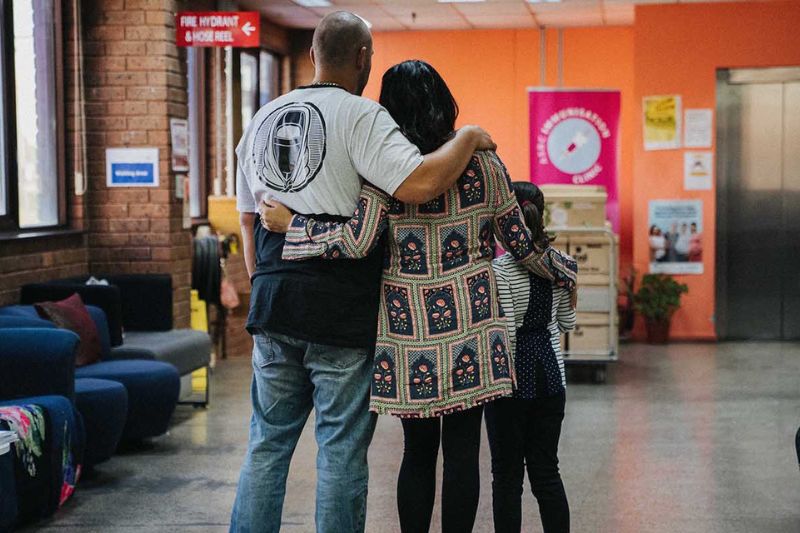
AUSTRALIA
- Andrew Hamilton
- 16 February 2023
After years of intense debate, Australia has now offered permanent residence to people with Temporary Protection Visas (TPVs), which caused great suffering and were part of a deterrence policy. However, this decision is just an incremental step towards a more humane refugee program that respects secure borders and the humanity of people seeking protection.
READ MORE
-
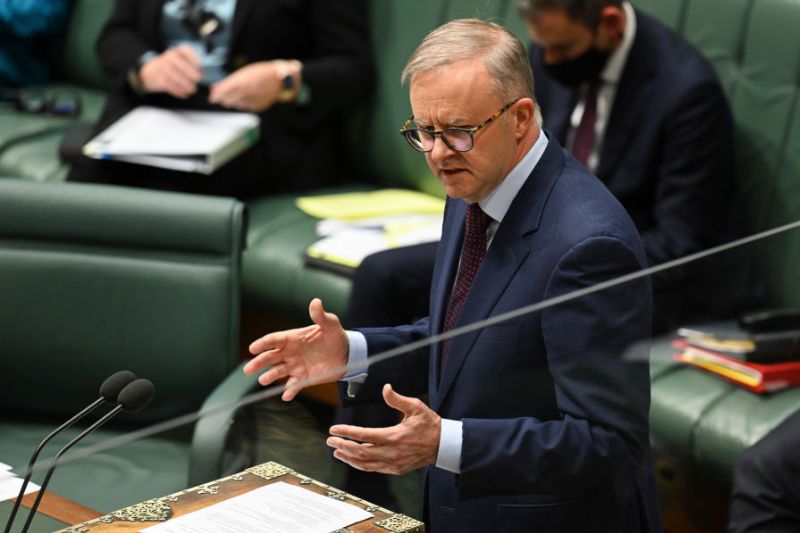
AUSTRALIA
- Frank Brennan
- 28 October 2022
6 Comments
In recent years, Australian policies in relation to asylum seekers and refugees have been unnecessarily mean, cruel and disorganised. The election of the Albanese government provides the opportunity for a reset, putting behind us the past mistakes of both Coalition and Labor Governments in the last 20 years.
READ MORE 
-
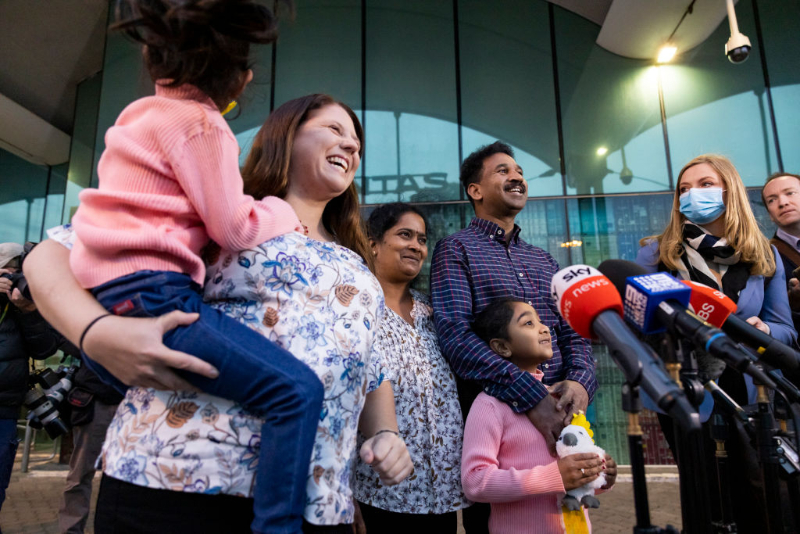
AUSTRALIA
- Binoy Kampmark
- 09 June 2022
9 Comments
In Australia’s treatment of refugees and asylum seekers, notably those arriving by boat, compassion and fairness have rarely threatened a policy deemed cruel, costly and ineffective. The fate of the Muragappan family has been a continuous, scandalising flashpoint about the nature of Australia’s border protection policies.
READ MORE 
-
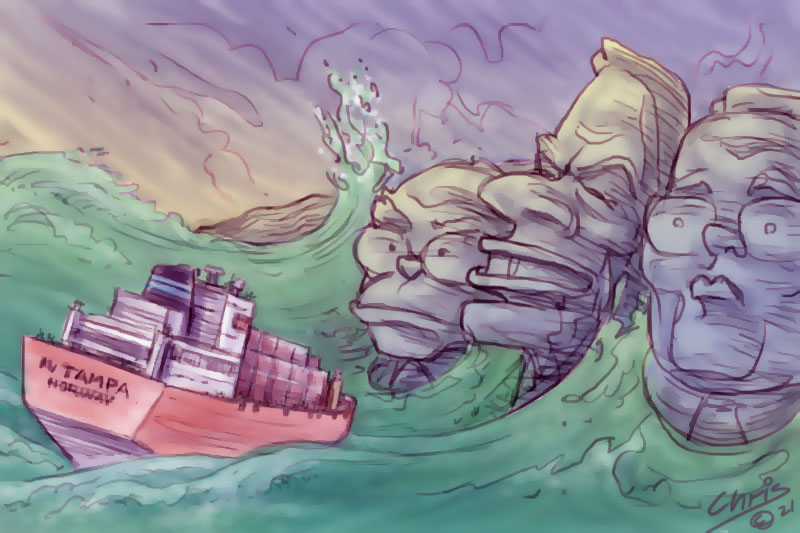
INTERNATIONAL
- Binoy Kampmark
- 07 September 2021
23 Comments
It took 438 desperate human beings upon the overladen wooden fishing boat, the KM Palapa, to present Australia’s Howard government in August 2001 with an electoral opportunity. At first, there was feigned ignorance from Canberra about any signs of desperation. The vessel, lacking power, lay some 100km off Christmas Island. Despite a coast guard plane noting men jumping up and down on the roof in a frenzy, nothing was initially done.
READ MORE 
-
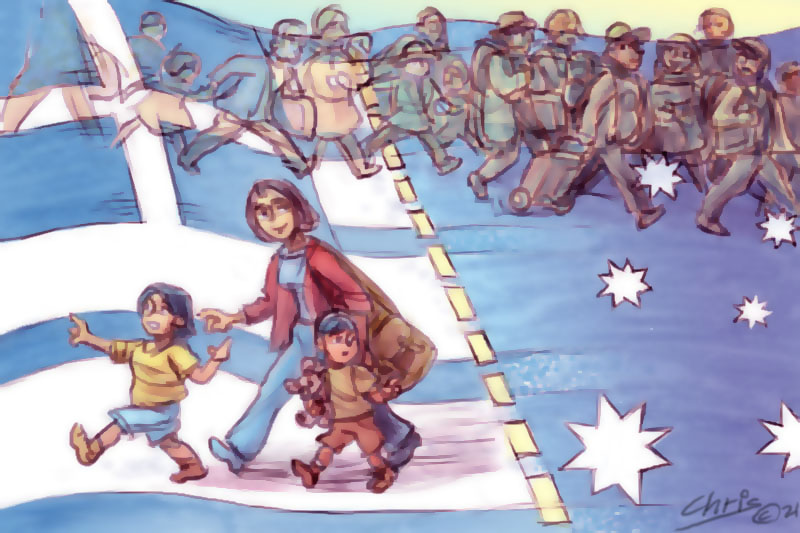
ARTS AND CULTURE
- Gillian Bouras
- 18 May 2021
18 Comments
Even though I tried to count my blessings and to avoid my besetting sin of self-pity, migration was hard. And decades later I still think it was hard. Sometimes I wonder how I survived it.
READ MORE 
-
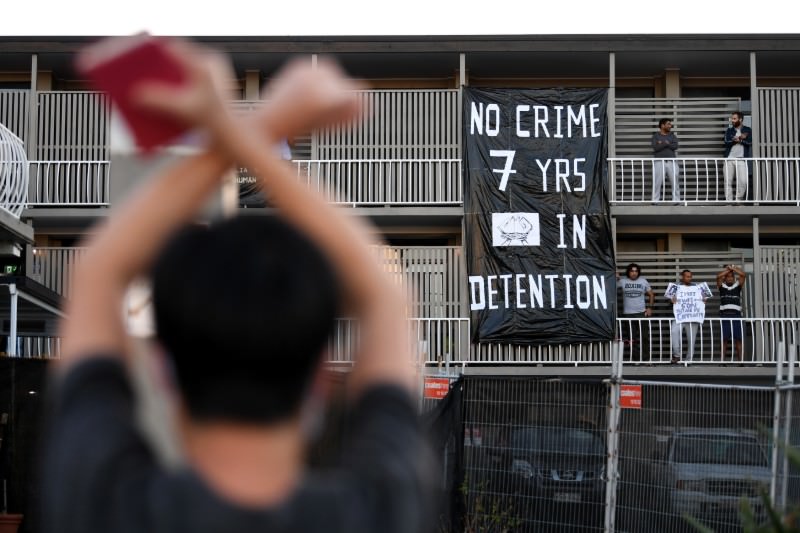
AUSTRALIA
- Andra Jackson
- 02 June 2020
14 Comments
Broken wall hand sanitizer containers, hand soap shared by a large number of people, and six people sharing a bedroom would not be allowed at hotels where returning travellers are in 14-day lockdowns. They would be viewed as breaking government restrictions on safeguarding against the spread of COVID-19. But these are the conditions at Kangaroo Point hotel, the Brisbane hotel where around 114 refugees and asylums seekers are under the coronavirus lockdown.
READ MORE 
-
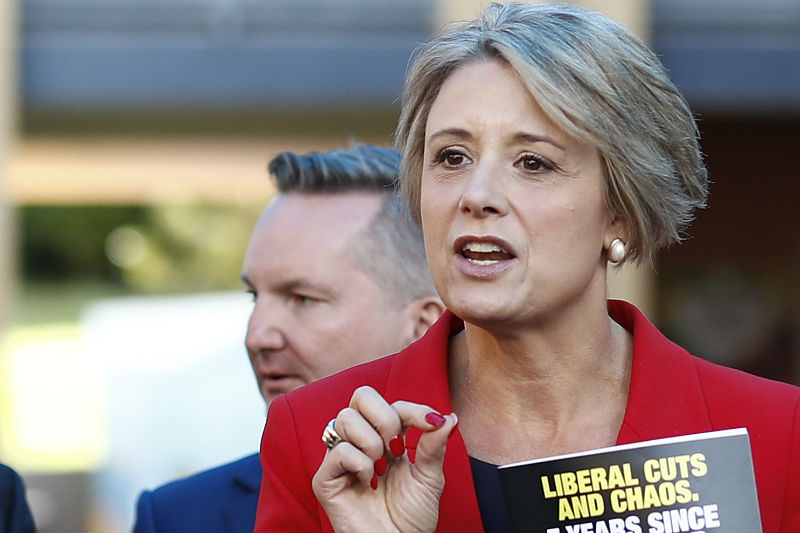
AUSTRALIA
- Carolina Gottardo and Nishadh Rego
- 06 June 2019
17 Comments
The recent federal election showed us that refugees and people seeking asylum do not need to be instrumentalised for votes. Perhaps refugee policymaking could be separated from politics. Perhaps it could be evidence-based and humane. Alas, the prevailing frames and politics of border protection quickly came to the fore post-election.
READ MORE 
-

AUSTRALIA
- Eliza Berlage
- 08 April 2019
3 Comments
Labor's $2.3 billion cancer care package and promise to roll out more mental health facilities away from the major cities are positive policies. However it could go further with its health platform of funding specialist care by finally sinking its teeth into putting dental for all on Medicare.
READ MORE 
-
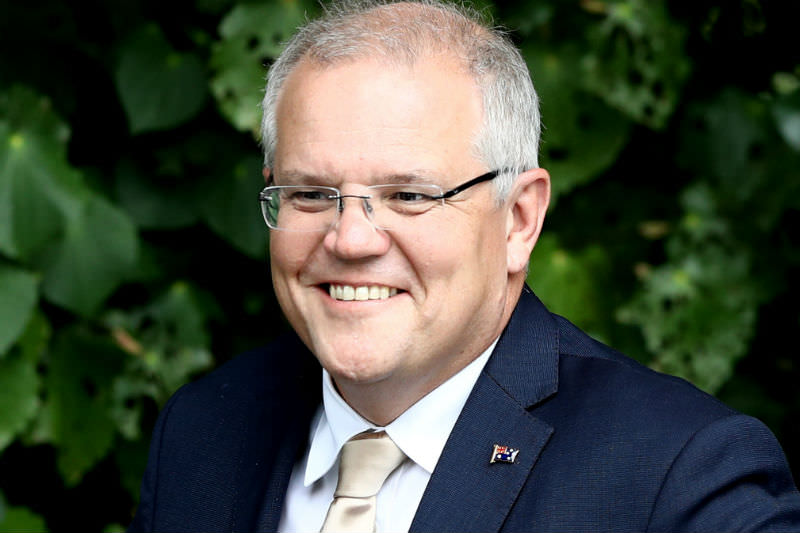
AUSTRALIA
- Andrew Hamilton
- 13 March 2019
11 Comments
The visit was clearly choreographed as part of the pre-election opera to draw public attention to the dramatic act of a strong leader who is prepared to stop boats and keep out asylum seekers. But it was supplanted even on the front page of the Coalition-friendly Australian by the story of a National Party insurgency in Queensland.
READ MORE 